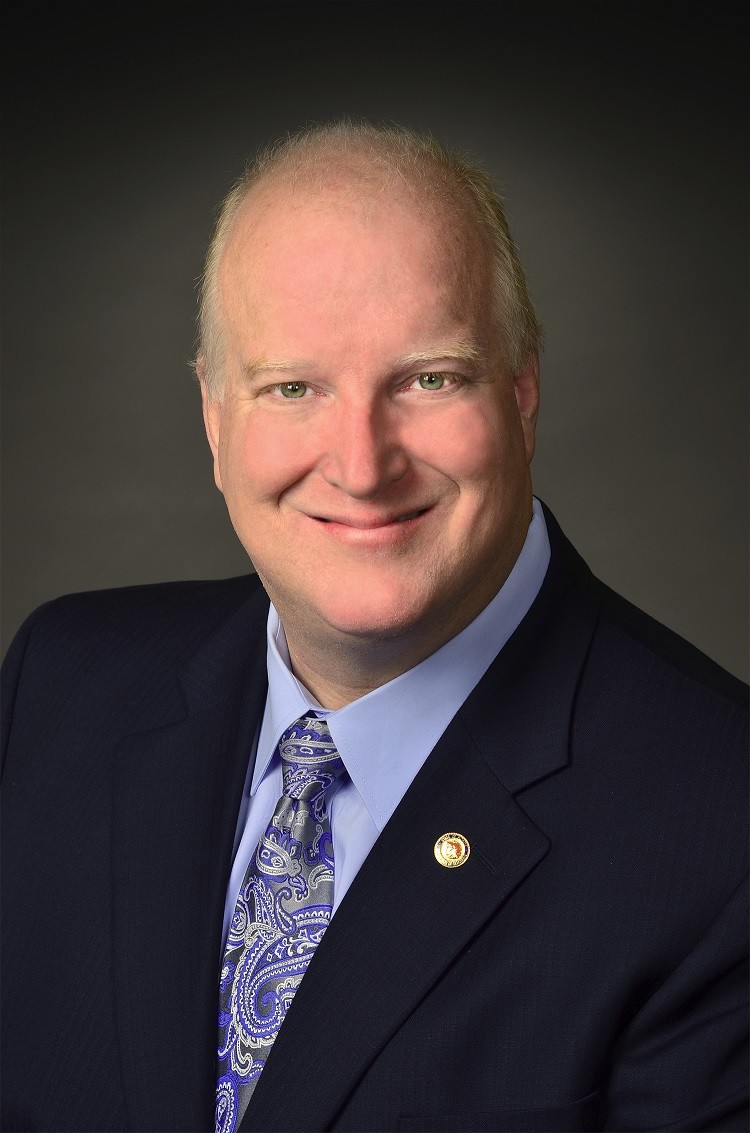Federal judge orders Clay County to provide ballots printed in Spanish
Ruling demands Spanish-speaking employees, web site, 24-hour hotline
GREEN COVE SPRINGS – Clay County must provide election materials, advertising, hotline, web site and ballots in Spanish, as well as hiring Spanish-speaking employees and poll workers, a federal …
This item is available in full to subscribers.
Attention subscribers
To continue reading, you will need to either log in to your subscriber account, below, or purchase a new subscription.
Please log in to continueDon't have an ID?Print subscribersIf you're a print subscriber, but do not yet have an online account, click here to create one. Non-subscribersClick here to see your options for subscribing. Single day passYou also have the option of purchasing 24 hours of access, for $1.00. Click here to purchase a single day pass. |
Federal judge orders Clay County to provide ballots printed in Spanish
Ruling demands Spanish-speaking employees, web site, 24-hour hotline
GREEN COVE SPRINGS – Clay County must provide election materials, advertising, hotline, web site and ballots in Spanish, as well as hiring Spanish-speaking employees and poll workers, a federal judge ruled on May 10.
The ruling was delivered by U.S. District Judge Mark Walker, and it demanded that 32 of the state’s 67 counties be in compliance before of next March’s primary elections.
“Not complying with a federal order tends to put you in jail, and I’m not going there,” said Supervisor of Elections Chris Chambless.
The case was in response to several Latino civic groups and residents of Puerto Rico who were displaced by Hurricane Maria in 2017. They challenged Section 203 of the Voting Rights Act of 1965 that said language support would be based on current U.S. Census figures. According to Chambless, there were about 2,000 people who claimed to primarily speak Spanish.
Marta Valentina Rivera Madera, one of the plaintiffs, successful argued a lesser-known Section 4(e) of the Voting Rights Act that states if a person went to school in a U.S. territory where English isn’t the primary language, you have the right to have a ballot in your native language.
More than 4 million out of Florida’s 20 million residents use Spanish as their primary language, according to the American Community Survey.
What this means to Clay County is additional work and costs, Chambless said.
Not only will Spanish ballots be required at each of 45 polling stations, each station must have instructions and staff workers who are fluent in Spanish. A year ago, Clay County launched an exhaustive advertising campaign to hire Spanish-speaking poll workers, and only 12 replied.
The county also must have Spanish-speaking employees at the Supervisor of Elections Office, a separate web site in Spanish, as well as Spanish duplicates for all voter information currently printed in English.
Chambless currently is calculating how much it will cost, but he knows where the money will come from – “we the people,” he said. He eventually will have to send an amended budget to the Board of County Commissioners for extra money.







